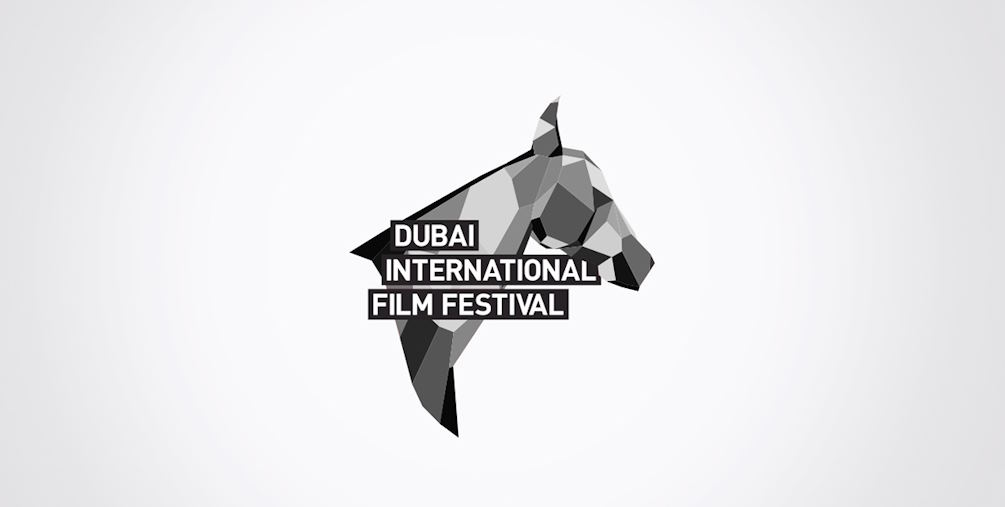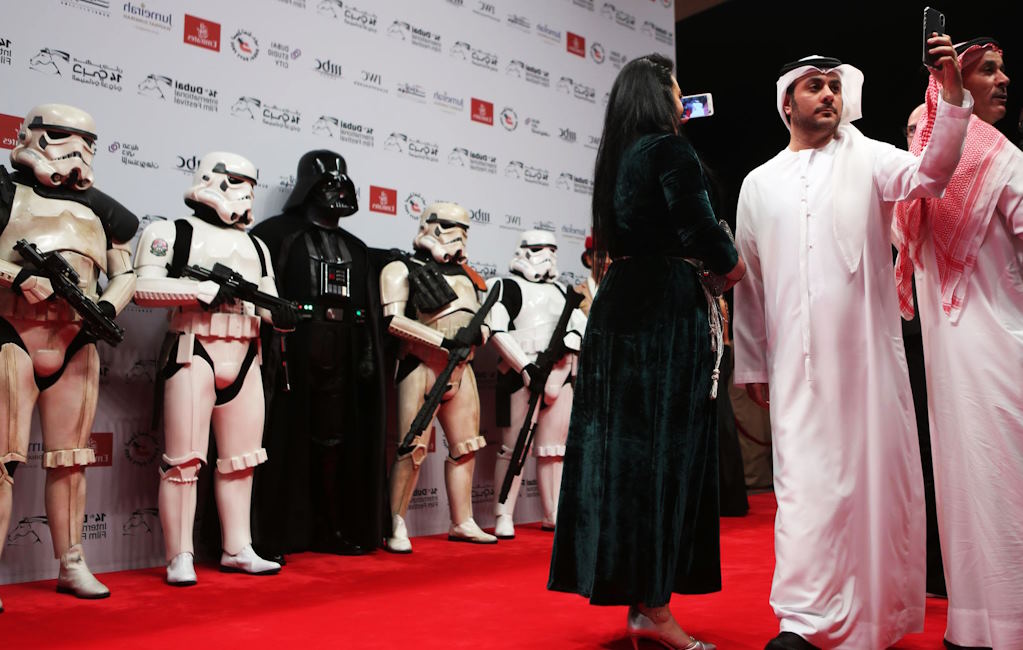DIFF’s journey from a regional film festival to a global cinematic celebration reflects its profound impact on the film industry. The Dubai International Film Festival has become a cornerstone of the global film industry, so its history is not just interesting but a prime example of evolution. After all, by promoting diverse voices and fostering cultural dialog, DIFF continues to be a beacon of creativity and understanding cinema, building a strong bridge between Eastern and Western cultures. I would like to briefly introduce you to this one-of-a-kind phenomenon of cultural unity and integration.
Origins of DIFF
DIFF was founded in 2004, a period marked by a growing interest in Middle Eastern culture and cinema. It’s amazing how far it has come, considering how recent it was (within history, of course). That era was just ripe for showcasing to the world the skills of filmmakers from the Eastern region and revealing to the Western world the mentality and traditions of hitherto rather closed people.
Among the key figures behind the creation of DIFF is Sheikh Mohammed bin Rashid Al Maktoum, who envisioned a platform that not only celebrates cinema but also promotes cultural exchange and understanding. So, DIFF’s cultural impact cannot be overemphasized. The festival was thus intended to bridge the gap between East and West by encouraging diversity and cinematic excellence. And it succeeded.

Growth and Expansion
Initially, DIFF began with a modest selection of films, mainly focusing on regional cinema and providing Middle Eastern filmmakers with a platform to showcase their work. However, as the festival grew in popularity and recognition, its scope and reach expanded significantly: while in the early years, DIFF presented a relatively small number of films, by 2024, DIFF had grown into a grand celebration of cinema, with more than 150 films from over 50 countries. To cater to the diverse tastes and interests of its growing audience, DIFF has introduced several new sections and categories over the years, including documentaries and regional cinema.
One of the hallmarks of DIFF’s development has been its ability to attract high-profile premieres and distinguished guests from the global film industry. The festival has presented several critically acclaimed films that have subsequently achieved considerable success. Notable DIFF premieres include Slumdog Millionaire (2008) and The King’s Speech (2010), both of which premiered before winning the Academy Award for Best Picture.
In addition, DIFF has become a magnet for celebrities and industry giants. Over the years, George Clooney, Cate Blanchett, Shah Rukh Khan, and many other stars have been seen on the festival’s red carpets. Their presence has not only added glamor to the festival but also attracted media attention and raised DIFF’s profile on the international stage.
Impact on Middle Eastern and Global Cinema
In summary, DIFF has played an important role in highlighting Middle Eastern filmmakers by giving them a global stage to showcase their work. This support has helped regional filmmakers gain recognition and exposure, fostering a new generation of story makers.
But today, the festival’s influence extends beyond the Middle East, fostering international collaboration and film exchange. It has become an important event in the global film calendar, known for its eclectic and inclusive selection. DIFF has thus facilitated numerous cultural exchanges, allowing filmmakers and audiences from different countries to engage in meaningful dialogues and establishing strong DIFF partnerships. These encounters enriched the festival experience by promoting mutual understanding through the universal language of cinema.

Top Films Premiered at the Dubai International Film Festival
| Film Title | Director | Year | Genre | Significance |
| Slumdog Millionaire | Danny Boyle | 2008 | Drama | Won multiple Academy Awards |
| The King’s Speech | Tom Hooper | 2010 | Historical Drama | Premiered at DIFF before winning the Oscar for Best Picture |
| Hanyut | U-Wei Haji Saari | 2012 | Drama | Highlighted Malaysian cinema |
| Wadjda | Haifaa al-Mansour | 2012 | Drama | First feature film shot entirely in Saudi Arabia |
| Ankhon Dekhi | Rajat Kapoor | 2013 | Drama/Comedy | Acclaimed for its unique storytelling and character depth |
